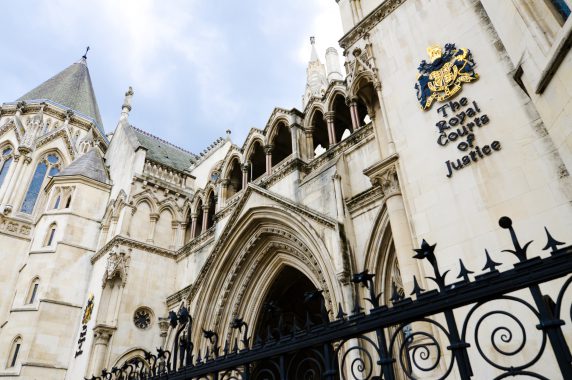The GMC has told the Goverment’s rapid review into gross negligence manslaughter in medicine that doctors’ reflections are ‘so fundamental to their professionalism’ that UK and devolved governments should consider providing legal protection.
The evidence submitted to the Williams Review, launched by health and social care secretary Jeremy Hunt in light of the GMC’s successful bid to strike off junior Dr Hadiza Bawa-Garba in the High Court in January, also said the GMC will consider ‘how human factors training can be incorporated into its processes’.
The news comes as GPs have called on the BMA to advise GPs to ‘disengage from written reflection in both appraisal and revalidation’ until new safeguards are put in place. The LMCs Conference motion, carried earlier this month, also saw doctors passing a no-confidence vote in the GMC.
GMC chair Professor Sir Terence Stephenson said: ‘We have made it clear that the GMC will not ask for doctors’ reflective records as part of the fitness to practise processes. But we do not control the actions of the courts and recorded reflections, such as in ePortfolios or for CPD purposes, are not subject to legal protection.
‘Therefore disclosure of these documents might be requested by a court if it is considered that they are relevant to the matters to be determined in the case. The likelihood of records needing to be produced in court may be reduced if reflective records focus on reactions to, and learning from, an incident.
‘For our part, we have concluded that because doctors’ reflections are so fundamental to their professionalism, UK and devolved governments should consider how to protect them in law, if they see fit to do so.’
The GMC has commissioned a fundamental review of the application of the law concerning gross negligence manslaughter and culpable homicide to doctors which will be led by Dame Clare Marx.
The GMC also said its own review, which will look at why there are fewer cases involving healthcare organisations compared with individuals, is expected to report conclusions at the start of 2019.
It also said that the outcome of the Williams Review, due to report next month, will ‘help to inform Dame Clare’s work when she reports her conclusions at the start of 2019’.
Dr Chaand Nagpaul, BMA council chair, said: ‘Doctors’ personal reflections encourage openness and improvement through learning, and it is vital they are protected. This call by the GMC is in line with the BMA’s position and will form part of our own submission to the Williams Review shortly.’
RCGP chair Professor Helen Stokes-Lampard said: ‘We welcome the reassurance by the GMC that they will not ask for doctors’ reflective records as part of their investigations – and we support their recommendation that reflective records should be protected by law.’
Pulse October survey
Take our July 2025 survey to potentially win £1.000 worth of tokens













